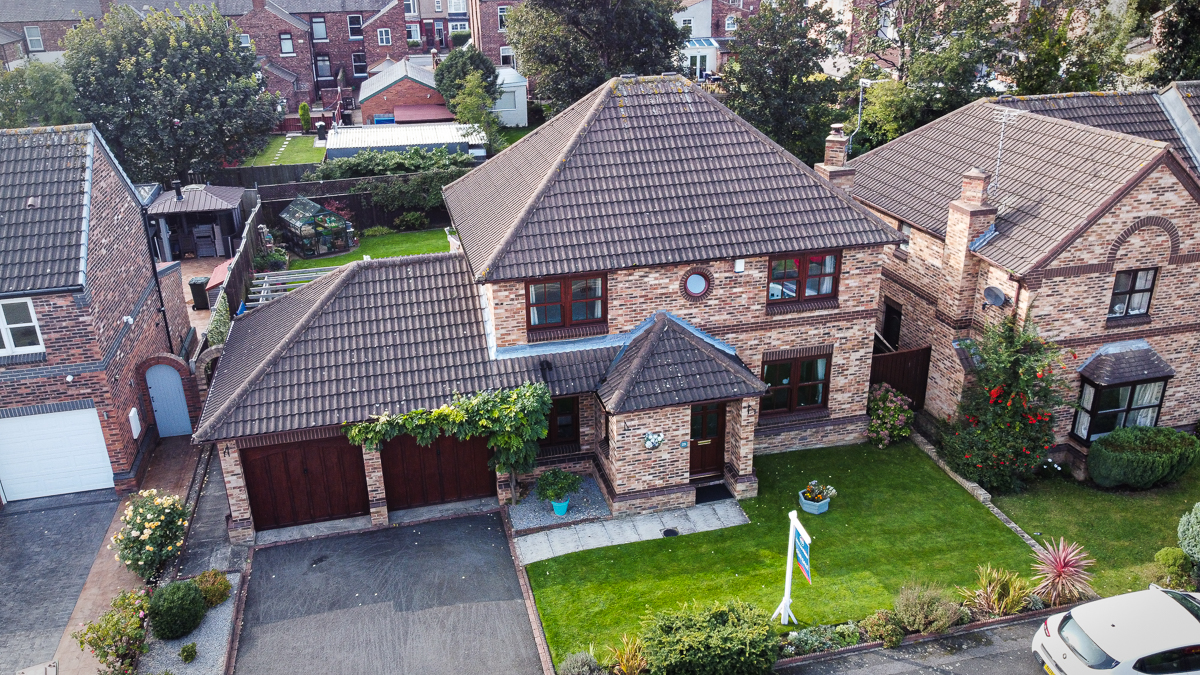Being a landlord comes with many responsibilities to have a property that is fit for human habitation; safe and clean. The most important are fire safety, Gas safety, and electrical safety. There are many things to ensure have been completed or checked before allowing tenants to move in. We have put some key responsibilities updated for 2023
These include:
Smoke alarms and carbon monoxide (CO) alarms – Since the 1st Of October 2022, it is now a legal requirement that all rental properties in England adhere to The Smoke and Carbon Monoxide Alarm (Amendment) Regulations 2022.
These regulations state that all landlords must ensure that every room used as a living space that has a fixed combustion appliance must also have carbon monoxide alarms installed and functioning (excluding gas cookers). These appliances are typically powered by gas, oil, coal, or wood, such as wood-burning stoves or gas or oil-burning boilers. Additionally, every floor of the building where a room is used or partially used as a living space needs to have at least one smoke alarm. Every alarm within the property must be in proper working order on the first day of a new tenancy. Landlords can be faced with up to £5,000 if they breach these standards.
Electrical safety obligations
Electrical safety regulations went into effect in June 2020, affecting all landlords. These regulations establish rules for landlords and ensure that all fixed electrical installations are safe and properly maintained. Landlords must guarantee that all fixed electrical cables and equipment are inspected and tested by a qualified person. This is in accordance with the wiring regulations' 18th edition. Local authorities can fine landlords up to £30,000 if they do not comply with these safety obligations.
Gas Safety
Landlords are responsible for having a gas safety engineer inspect their properties every 12 months. According to research, one in every three private landlords seemed to be unaware that this was their responsibility. This responsibility extends even to the tenant's own gas appliances; landlords must still maintain the pipework but not the appliance or any flues that only connect to tenant-owned appliances.
Legionella
A pneumonia-like infection known as Legionnaires' disease is brought on by breathing in tiny droplets of contaminated water containing the Legionella bacteria. The risk of tenants being exposed to Legionella must be evaluated and managed by landlords. The following are some examples of control measures:
- Configuring control parameters to ensure that water is stored at the proper temperature.
- Taking out unused pipework
- Before letting the property, flush the water system.
- Ensure that cold water tanks have a tight lid to prevent debris from entering the system.
The Furniture and Furnishings
The Furniture and Furnishings (Fire) (Safety) Regulations were implemented in 1988. Domestic upholstered furniture, furnishings, and other products containing upholstery have different levels of fire resistance. This means that landlords must ensure that all furnishings in their rental property pass the 'smoldering cigarette' and 'match flame' resistance tests and are labelled as such. Most furnishings manufactured after 1990 already meet this standard, as evidenced by a display label. If the items do not comply, they must be removed before the property can be rented out. However, some exemptions, such as furniture manufactured before 1950, would not need to be removed. The property's provided furniture must be safe to use and meet the required standards.



 By
By 



Share this with
Email
Facebook
Messenger
Twitter
Pinterest
LinkedIn
Copy this link